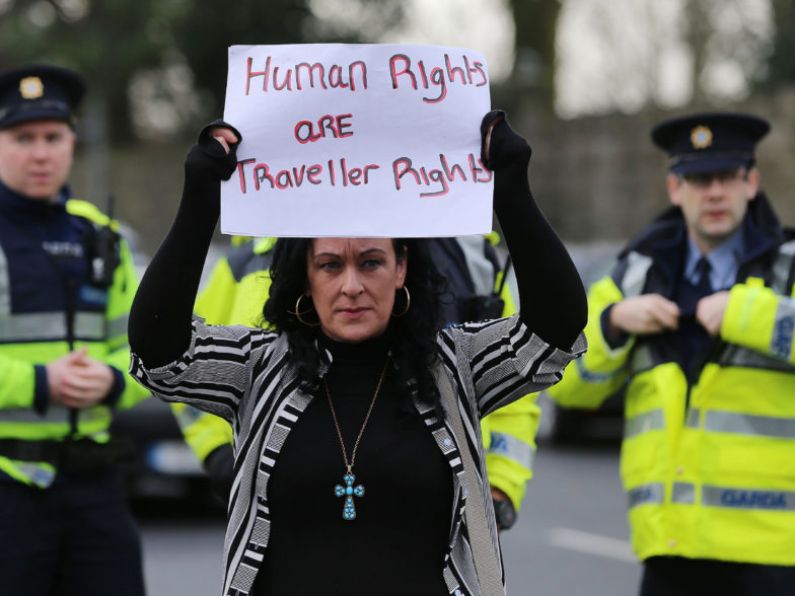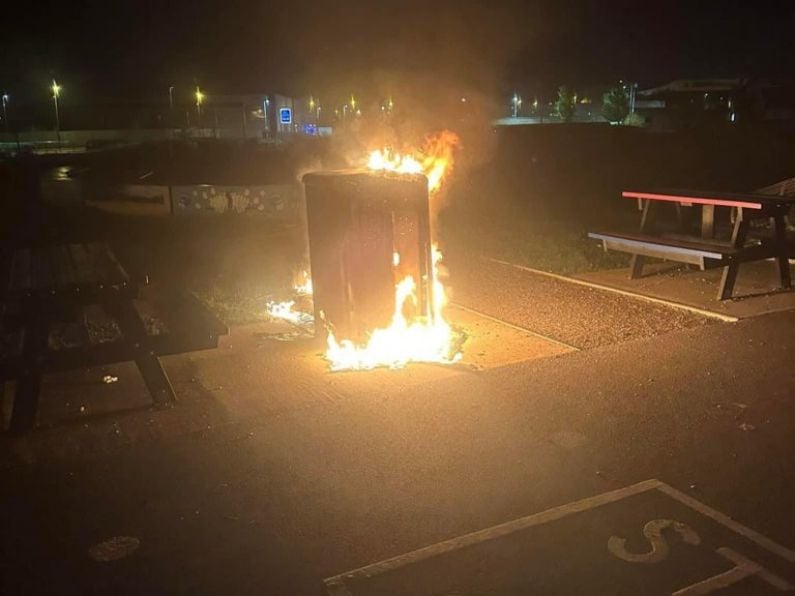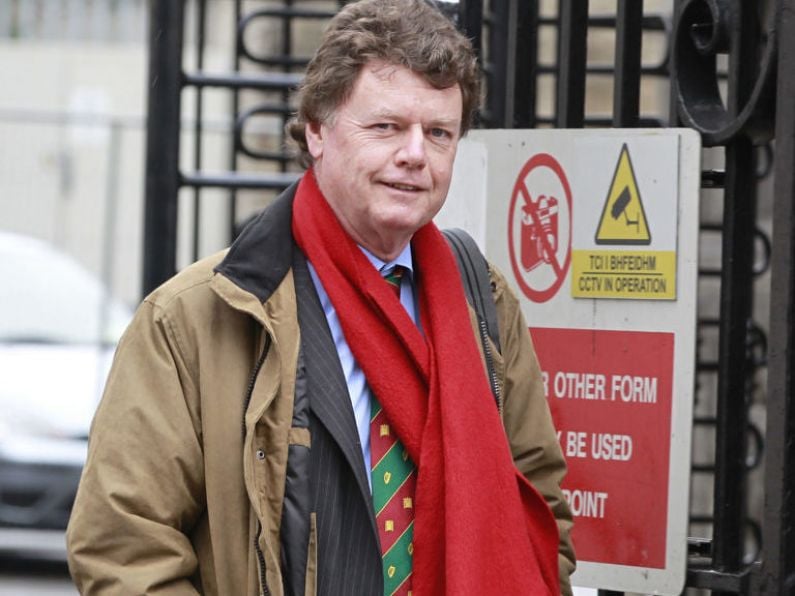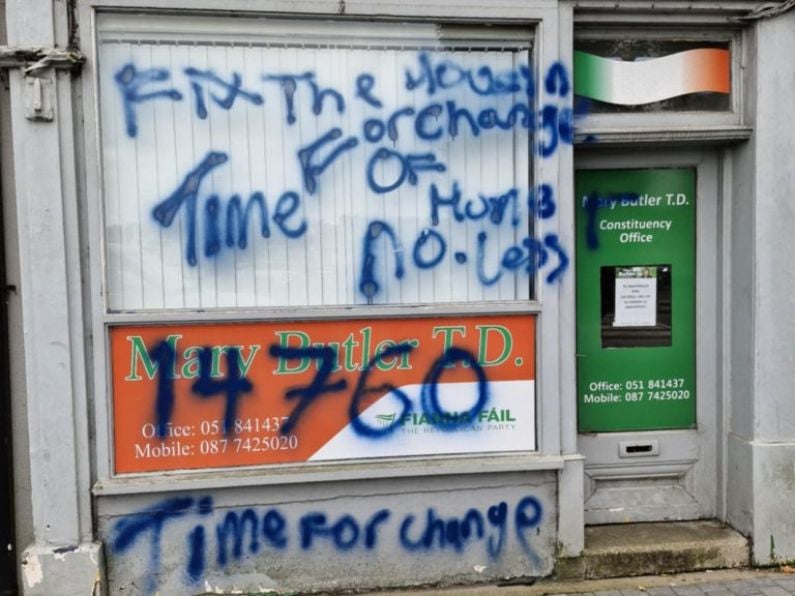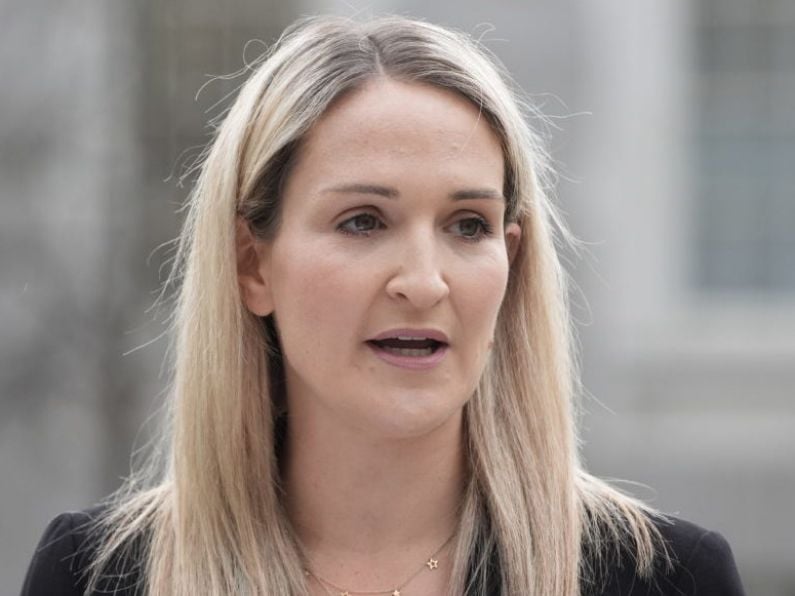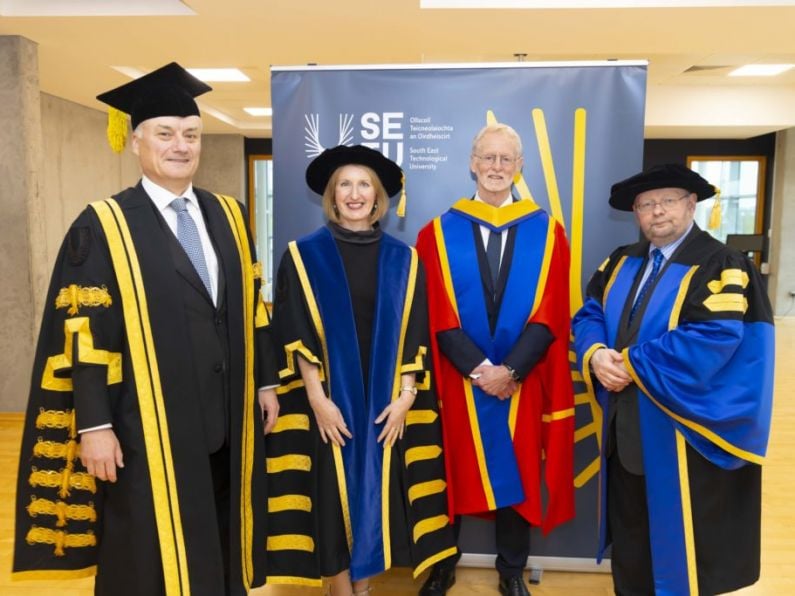Tomas Doherty
Travellers have a significantly lower level of trust in An Garda Síochána and the judiciary than the general population, new research has shown.
A study by academics at the University of Limerick has examined for the first time the relationship between Travellers and the Irish criminal justice system.
The Irish Travellers’ Access to Justice (ITAJ) report includes a survey, interviews and focus groups, with researchers speaking with one in every 100 Travellers in the Republic from 25 of the 26 counties.
The study found the levels of trust that Travellers have in gardaí is approximately half that of the general population, while trust levels are lower again among Travellers who have been victims of crime.
Travellers also have a significantly lower level of trust in judges than the general population has in the legal system.
Half of the Travellers responding to the ITAJ survey were victims of criminal offences in the five years prior to the survey, and only one-fifth had been arrested in that time period.
Half of those surveyed had been present in a home that gardaí entered without permission. When asked about the last case in which that happened, in only 11 per cent of those cases was a search warrant shown to someone present in that home.
Travellers interviewed as part of the research reported hearing expressions of overt racism by gardaí and judges.
'Landmark study'
The report is the culmination of an 18-month-long project that chief commissioner of the Irish Human Rights and Equality Commission Sinead Gibney has called a "landmark study" in both its conduct and findings.
It makes evidence-based recommendations for measures to address Travellers’ ability to use the justice system to protect their rights.
Speaking about the report's findings, Ms Gibney said: “This report breaks new ground in speaking with a huge diversity of Travellers nationally about their personal experiences with our criminal justice system as victims of crime or as those accused. It is abundantly clear that the relationship between Travellers and our criminal justice system too often starts from a point of mistrust, developed over decades.
“This report needs to be read and shared widely and to be used as an evidential grounding for reforms, to make our criminal justice system accessible by all.”
Prof Amanda Haynes from the University of Limerick said: “This report shows that Travellers do not trust the Irish criminal justice system to treat them fairly, and that their mistrust in grounded in personal and shared experiences of unsatisfactory and sometimes biased treatment at the hands of criminal justice professionals, as victims and suspects.
“While Travellers participating in this research identified examples of excellence among police and judges, these experiences were described as the exception rather than the rule.”
Dr Sindy Joyce, lecturer in Traveller studies in the University of Limerick’s department of sociology, said: “The results of this research will come as no surprise to members of the Traveller community, whose experiences and perceptions of the criminal justice process are unequivocally linked to both their identity as a historically traditionally nomadic community, and their present day status as a racialised indigenous ethnic group in Irish society.
“It is of paramount importance that this research is used for the benefit of Travellers, and to guide the criminal justice system in bringing out the meaningful change it shows is required.”
'Unsettling'
Responding to the report, Minister for Equality Roderic O’Gorman said there needs to be a change in how An Garda Síochána deal with Travellers.
“That's a really stark contrast, and it's very unsettling, everybody should feel confident in our police force”, he told Newstalk Breakfast.
“We know there has been ingrained prejudice against Travellers across all elements of Irish society for decades. And we see this being reflected in terms of Travellers concerns with An Garda Síochána.
“Changes that are happening in the Gardaí - both the training, but also I think the fact that members of the Gardaí are taking responsibility for diversity and inclusion issues at a more senior level - is really important.
“I think we need to see a change in the approach of An Garda Síochána. I chaired the National Traveller and Roma Inclusion Strategy, which is about addressing prejudice against Travellers across all elements of Irish society.
“An Garda Síochána are part of that - so I think it's important just to monitor changes that happen in An Garda Síochána." - Additional reporting from Vivienne Clarke



